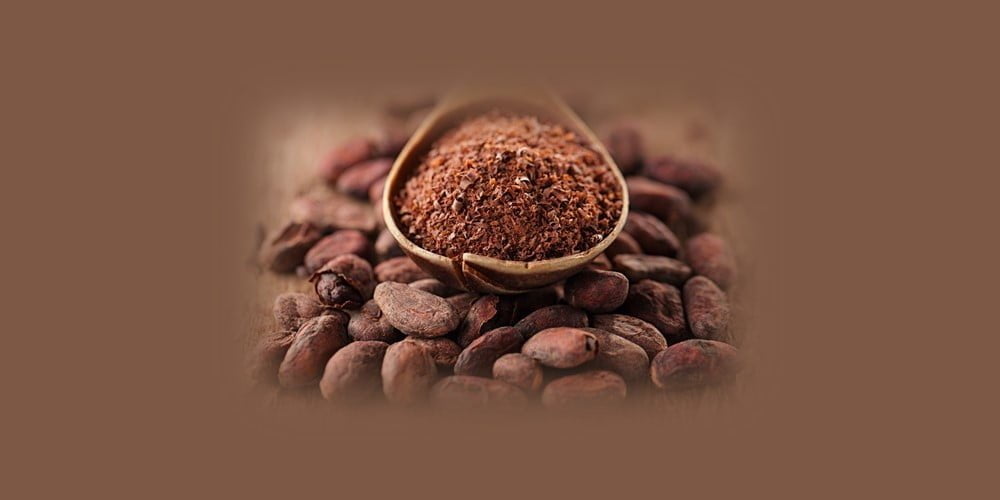Dietary cocoa flavanols—naturally occurring bioactives found in cocoa—reversed age-related memory decline in healthy older adults, revealed by researchers in Nature Neuroscience.
As people age, they typically show some decline in cognitive abilities, including learning and remembering such things as the names of new acquaintances or where one parked the car or placed one’s keys.
This normal age-related memory decline starts in early adulthood but usually does not have any noticeable impact on quality of life until people reach their fifties or sixties.
Age-related memory decline is different from the often-devastating memory impairment that occurs with Alzheimer’s, in which a disease process damages and destroys neurons in various parts of the brain, including the memory circuits.
Dr. Scott A. Small, MD, (senior author) and his colleagues tested whether compounds called cocoa flavanols can improve the function of this brain region and improve memory.
A cocoa flavanol-containing test drink prepared specifically for research purposes was produced by the food company Mars, Incorporated, which also partly supported the research, using a proprietary process to extract flavanols from cocoa beans.
In this study, 37 healthy volunteers, ages 50 to 69, were randomized to receive either a high-flavanol diet (900 mg of flavanols a day) or a low-flavanol diet (10 mg of flavanols a day) for three months.
Brain imaging and memory tests were administered to each participant before and after the study.
“When we imaged our research subjects’ brains, we found noticeable improvements in the function of the dentate gyrus in those who consumed the high-cocoa-flavanol drink,” said lead author Adam M. Brickman, PhD, associate professor of neuropsychology at the Taub Institute.
The high-flavanol group also performed significantly better on the memory test. “If a participant had the memory of a typical 60-year-old at the beginning of the study, after three months that person on average had the memory of a typical 30- or 40-year-old,” said Dr. Small. He cautioned, however, that the findings need to be replicated in a larger study—which he and his team plan to do.
Flavanols are also found naturally in tea leaves and in certain fruits and vegetables, but the overall amounts, as well as the specific forms and mixtures, vary widely.
Source: Columbia University Medical Center, USA

